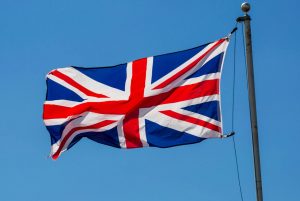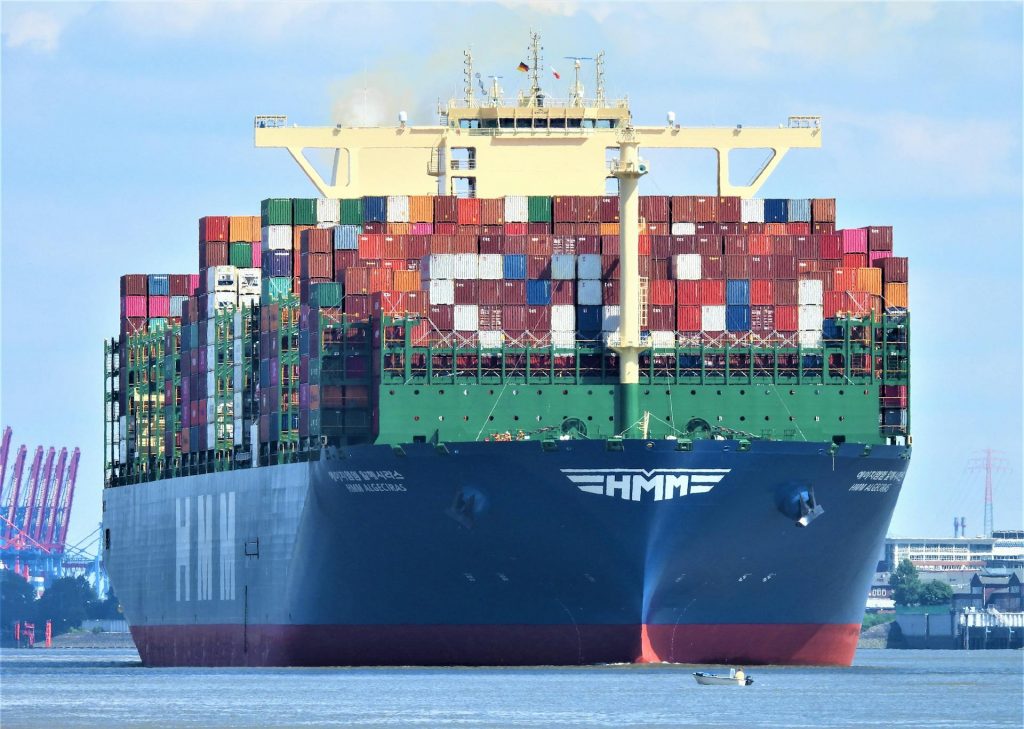In cross-border logistics, no two shipments are quite the same, especially when navigating the fine print of customs and document checks. All goods imported into the United Kingdom are classified as Third Country imports and are therefore subject to a range of regulatory requirements, which must be determined and applied on a case-by-case basis, whilst there are still some easements in place for some regulatory requirements from the EU regarding Organic products.
In this detailed report, Emma Canty, Trade Development Manager at Kukla UK, breaks down the variable nature of shipping and customs processes. Additionally, the article includes a glossary of terminology and acronyms for improved understanding.
Document check for goods from EU countries to the UK

Photo credit: Pexels
What are the payment terms EXW/FCA?
The supplier is responsible to ensure that their goods are declared for export correctly. FCA (Free Carrier) supplier is responsible for completion of EXA*/EXW* importer is responsible for costs of completion of EXA.
If FCA supplier is responsible, are they creating their own EXA?
- If YES, is it being prepared on site?
- If not being prepared on site, where is the 2nd stop after collection for the EXA
- If NO, are they aware that payment terms mean they will be invoiced for creation of EXA by our agent?
- Have they completed the POA*, allowing direct representation by our agent to complete EXA?
All information required, as listed below, is required across all documents, not specific to just one type.
Commercial Invoice / Packing List / EXA / EU EMCS eAD
- Must show Consignor/Consignee full address
- Must show no bottles/cases/ litreage per bottle & ABV
- Must show Country of Origin declaration and REX
- If no REX goods exceeding EUR 6000 with Country-of-Origin Declaration may be subject to Customs Duty (Beer + Wine/most Spirits are exempt)
- Must show Value
- Must show HS*/Commodity Codes
- Must show Nett Weight
- Must show Gross weight
All information on documents must align, quantity, weights, values, etc.
Document check for goods from non-EU countries transiting the EU for shipments to the UK

Photo credit: Pexels
What type of warehouse will the goods be stored in: Duty Paid, Excise Suspended, or Customs Warehouse?
Customs Warehousing: T1 status, no Third Country Duty Paid on entry to the EU.
- Freight Forwarder to arrange T1 to UK Final Customs Destination
- Same commercial invoice + packing list as per above
Excise Suspense: Third Country Duty Paid on entry to EU
- See above regarding terms/responsibility for creation of EXA/Commercial Invoice, Packing List & EMCS ARC
Customs Duty is also known as Third Country Duty or UKGT (UK Global Tariff)
What is the Country of Origin?
Is it from a country with which the UK has a preferential trade agreement?
- Chile, South Africa, and Mexico, for example, fall within Trade Agreements allowing for lower or no import Customs Duty, also known as (Third Country Duty)
- We need a copy of the Preference Document (where applicable) to offer any discount/s available on 3rd country origin goods.
- Georgian, Macedonian and Moldovan shipments, for example, will all be moved under T1 if travelling via road through the EU, either direct transport to the UK or via our central European hub.
- Romania and Greece will move under EXA’s as members of the EU.
REX (Registered Exporter system) and when Third Country Duties apply, not just Excise

Photo credit: Pexels
- If your EU suppliers do not have a REX, but have completed the Origin Declaration as made in France, Germany, Spain, Italy, etc., and the value is under EUR 6000, you will be able to claim a preferential rate of Third Country Duty, reduced or zero rate (depending on product).
- If your EU suppliers do not have a REX, but have completed the Origin Declaration and the value is over EUR 6000, you will also attract Third Country Duty, not just Excise.
- If your EU suppliers do not have a REX and fail to complete the Origin Declaration, you will attract Customs Duty, not just Excise (depending on product).
- If the correct statement and/or REX are unavailable, the UK Importer can use “Importers Knowledge” that the goods are eligible for a preferential rate of Third Country duty; there are strict guidelines covering this, details available on request.
- If your EU supplier has a REX and has completed the origin declaration if your goods are of EU preferential origin, you will attract the preferential rate of Third Country Duty available with just Excise to pay (depending on product).
- If your goods are of non-EU preferential origin, you may attract Third Country Duty & Excise (depending on product + true origin). Just because Third Country Duty has been paid in the EU, we are no longer part of the EU. Third Country Duty may still apply to Import to the UK.
This is a system of Certification of Origin based on the principle of self-certification. All entrants must submit applications with relevant corporate information and meet the criteria laid out by the EU. If approved they receive their REX number which must be clearly shown on relevant commercial documents for the consignment.
At Kukla UK, we’re happy to help! We may ask a lot of questions, but it is all part of the process of ensuring your shipments are transported with the correct documentation under the correct regimes.
Terminology and Acronyms
*EXA is a mandatory export declaration document for products leaving the European Union for any destination outside of the EU. (Sometimes also known as EX1/EXD).
*EXW stands for Ex Works. It means that the seller shall make the goods available to the buyer at the seller’s premises.
*POA, which stands for Power of Attorney, is a legal document that authorises a third party, like a customs broker or freight forwarder, to act on behalf of an importer or exporter in shipping-related matters, particularly during customs clearance.
*REX stands for the Registered Exporter system.
*HS stands for Harmonised System Codes and are internationally standardised numerical codes used to classify traded products for customs purposes during import and export. They ensure consistent identification of goods, facilitating the application of tariffs, duties, taxes and the gathering of trade statistics.
*Customs Duty, also known as Third Country Duty or UKGT (UK Global Tariff).
Alcohol over 1.2% ABV will attract Excise Duty; Excise Duty can be suspended on movements via EMCS.
*EMCS stands for Excise Movement and Control System. It’s a computer system used throughout the UK and EU to track and monitor the movement of excise goods that are under duty suspension. The UK and EU systems are no longer linked, so for goods in suspense, an EU EMCS document will allow travel to the point of departure and a UK EMCS is then required when goods arrive to the UK.
Third Country Duty can only be suspended in transit under T1 procedures. Upon arrival in the UK, it can be declared to Customs Warehousing into the appropriate Customs Warehouse in the UK.
Special thanks to Emma Canty, Trade Development Manager at Kukla UK, for her insights and support in shaping this guide. In a Q&A for Kukla News, she also delves into emerging wine trends, the importance of sustainability, and the necessity for fast logistics. You can read the full interview HERE.

